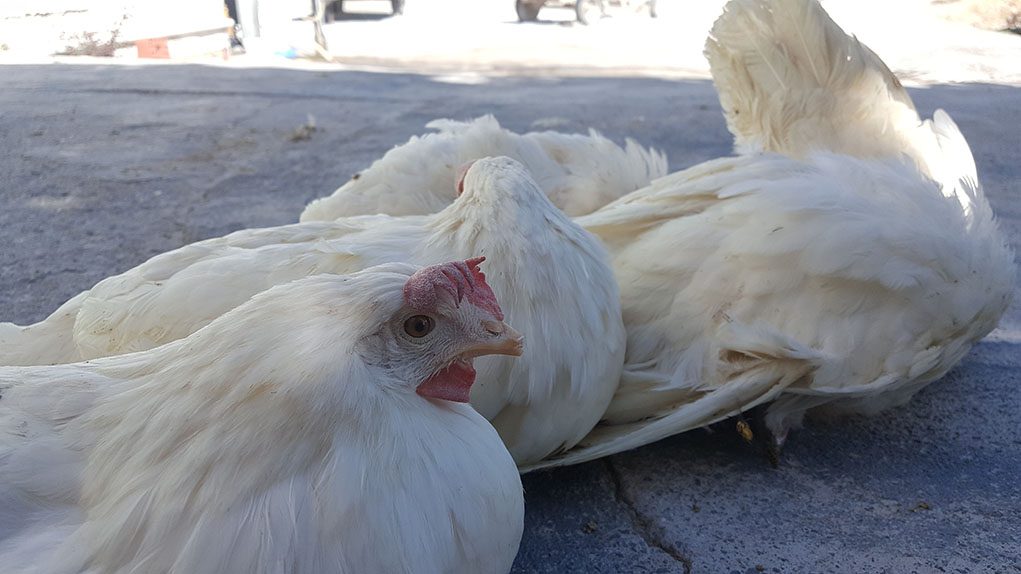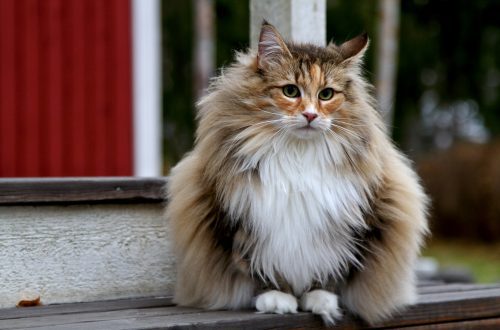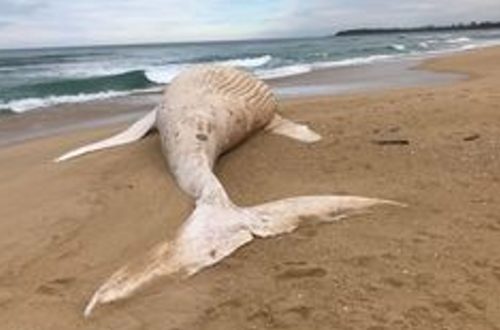
Treatment methods for diarrhea in chickens and adult broilers, what to do to prevent diseases
Any owner of a small or large factory farm is always worried about the health of his chickens and hens, because this is a guarantee of constant profit. But sometimes there are situations when birds start to get sick, and the most unpleasant symptom of many diseases is diarrhea. Despite well-developed veterinary medicine, diarrhea of broilers, and even more so of chickens, causes almost panic in the owner. The question immediately arises – what to do, how to rid the birds of diarrhea. First of all, you need to find out the cause of the appearance of such a symptom.
To provoke diarrhea in chickens of different ages can only a few reasons:
- – poor quality food, poisoning and other causes of indigestion;
- – infectious diseases;
- — avitaminosis.
Usually in both chicks and adults, diarrhea is accompanied by lethargy, lack of appetite, and fever. There may also be swelling of the legs, impaired coordination of movement. Liquid stool can be white or green and even bloody.
In order to establish an accurate diagnosis and therefore properly treat, it is best to send stool for analysis in the laboratory. It is better to give preference to differential diagnosis, such an analysis allows us to exclude many diseases that are very similar in symptoms.
Contents
Infectious diseases
If the cause of diarrhea is an infectious disease, then it is better not to carry out the treatment yourself, but to entrust the appointment of a course of treatment to a veterinarian. Self-treatment for infectious diseases can lead not only to the death of a sick bird, but also to the entire livestock. Any infectious diseases quickly spread among all individuals of the chicken coop, therefore, first of all, the infected bird is isolated from all other individuals.
Most common infectious diseasesthat are accompanied by diarrhea:
- pullorosis;
- pasteurellez;
- salmonellosis.
Pullerez affects broilers of all ages and can turn into a chronic form that will accompany the bird throughout life. This disease is characterized by liquid white feces. The treatment of such a disease requires not only the correct selection of antibiotics, but also their exact dosage, and, of course, the timeliness of taking action. You need to be careful, pullorez can be transmitted from broilers to humans.
Pasteurellez more characteristic of adults, this disease is also called avian cholera. Diarrhea is usually green. This disease is very difficult to treat, so the answer to the question is what to do? – one, to slaughter chickens and adult chickens infected with avian cholera. Of course, you can try to cure, for example, sulfamethazine helps a lot, but you must remember that such a disease spreads very quickly throughout the chicken coop.
salmonellosis , perhaps the most famous and common disease of broilers. Chickens suffer from it to a greater extent and the very first sign is the appearance of diarrhea. Treatment of the disease lasts at least 20 days. Furazolidone and streptomycin are usually used, a repeated and mandatory course of treatment is carried out no later than a week after the bird has recovered.
Preventive measures to prevent infectious diseases
First of all, it is necessary to carry out timely vaccination of chickens. The cleanliness of the room for keeping broilers, and even more so chickens, should be close to ideal, sanitization is carried out on a regular basis. The veterinarian should conduct preventive examinations on an ongoing basis of chickens and adults.
Poor quality food, poisoning, etc.
If the cause of diarrhea in chickens and adult chickens is poor-quality feed, then this problem is easier to solve. You should immediately review the diet, especially in chickens. Also, chickens can be fed for a short time with probiotics, for example, Flosan. With diarrhea in broilers, they can be given children’s biseptol or chloramphenicol.
It would be useful to use a weak solution of potassium permanganate for broilers of all ages. The best way to prevent diarrhea in chicks and adult broilers is to eat an all-natural diet, such as corn or ground wheat. But you can not make a sharp transition, from artificial to natural food and vice versa, such behavior can also cause diarrhea.
The chick may eat stale green food, which will most likely lead to green diarrhea, or eat food waste, insects. When such symptoms appear, green food is necessarily excluded and changed to coarser ones. If there is diarrhea in chickens, treatment should begin immediately.
Avitaminosis
Although infrequently, spring beriberi can be the cause of diarrhea. Then it is recommended to include in the diet – salt or mixed fodder. At the same time, feeding broilers with compound feed can also lead to diarrhea, so they can only be purchased from trusted manufacturers. At the first sign of diarrhea in chickens, treatment should begin immediately, as a vitamin imbalance will not lead to good and rapid growth and weight gain.
Other diarrhea problems in broilers and chickens include common stress. For example, the owner of the birds moved them to another place, or simply the chicken fell from its perch. In such cases, do not rush to treat diarrhea.
Remember, if, in addition to diarrhea, chickens or adults do not show any signs of disease, they are active, look good and eat, then the chicken and its parents can only be treated proven folk remedies. For example, you can give broiler chickens strong tea to drink until the signs of diarrhea disappear completely. Broilers will happily eat hard-boiled eggs or millet porridge, which also helps to get rid of diarrhea. You can also crush rowan berries and a dried branch. If the symptoms of diarrhea cannot be eliminated, then it is better to seek professional help from a doctor.
As can be seen from the article, there are a lot of reasons for the occurrence and methods of avoiding the pestilence of broilers, so the methods of treatment with folk remedies are often not very effective, it is better to contact a veterinarian. If chicks develop diarrhea, treatment should be started immediately, as future profits will depend on the health of young birds.





